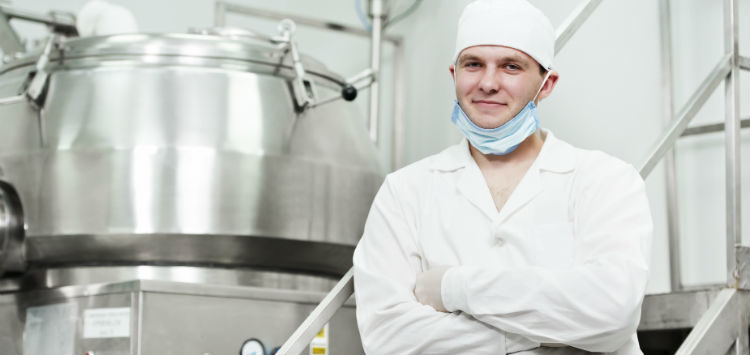
Few industries in the economy show a greater growth like the one that has been undergone on the poultry sector in the last decades. In less than a half century, Brazil became the major exporter and the world’s third largest producer of poultry.
The agrobusiness in Brazil supports the sustentability under two main aspects: sanitary control and quality control. A harmonious integration between producers and companies in agrobusiness is the most important differential in the industry, ensuring sanitary excellence in the production and low consuption of water and energy.
The country reached its key role in the world market thanks to the investments in investigation, development and innovation. The success of Brazil’s agrobusiness is resultant of the excellence of its rural companies, the producer’s competence and the public authorities’ commitment. Throughout the broiler production chain, the health and quality of the product was always the main concern. Brazil, among the world’s largest broiler producers and exporters, remains in the enviable position of the only country that hasn’t registered one single case of Influenza*, thanks to its excellent sanitary control.
There are two programs for the sanitary control in the poultry industry. The first one is the National Poultry Health Program, that realizes the epidemiological and sanitary surveillance of the poultry diseases. The other is the National Residues and Contaminants Control Plan, that inspects animal and plant products. These programs fulfill the regulations established in Codex Alimentarius, created in a joint effort of Food and Agriculture Organization of the United Nations (FAO) with World Health Organization (WHO), which set world standards for procedures in foodstuffs production.
The monitoring, pathogenic agents control, investigation of presence of residues and contamintants in meat, all of them are managed by independent labs. Meat samples are taken from each shipment to ensure there is not presence of Influenza
The Brazilian programs are fully acknowleged by demanding consumer markets such as European Union and Asia.
The perspectives for the Brazilian poultry industry in 2017 are absolutely positive, according to the Brazilian Animal Protein Association (BAPA). The organization predicts that, even with a unfavorable economical environment in the country, the broiler production will grow about 5% in relation to 2016, while the egg production will grow about 3%.
The published numbers in the end of 2016 indicated that chicken meat production was 3.5% higher than expected, reaching 12 million tons. The production raise was boosted by the increase of the local consumption – with per capita consumption of poultry meat reaching 43 kilograms – and by the high demand of the foreign market. For 2017, the total production of chicken meat is expected to grow between 3% and 5%, driven by the raise in exports and growth of the internal market.
Since the Brazilian industry should keep investing harder in the most modern technology in poultry production, its position as the world’s first chicken meat exporter will carry on. The Brazilian poultry industry isn’t just leader in exports, but also in enviromental sustainability, in addition of having a great reputation in producing safe foods, with quality and competitive prices, which pleases consumers in the entire world.
*Influenza or avian flu is a infectious disease caused by strains of flu virus type A. The infection may cause a wide spectrum of symptoms in birds, varying from a light sickness, that might pass unnoticed, to a deadly disease, capable of spreading serious outbreaks.
The avian flu viruses usually don’t infect human beings. However, there are cases of highly pathogenic strains that cause severe respiratory problems in human beings. Most of the cases, the infected people were in contact with infected poultry or objects with contaminated feces.
Keep following Fornari’s blog for more valuable info about agrobusiness in Brazil!